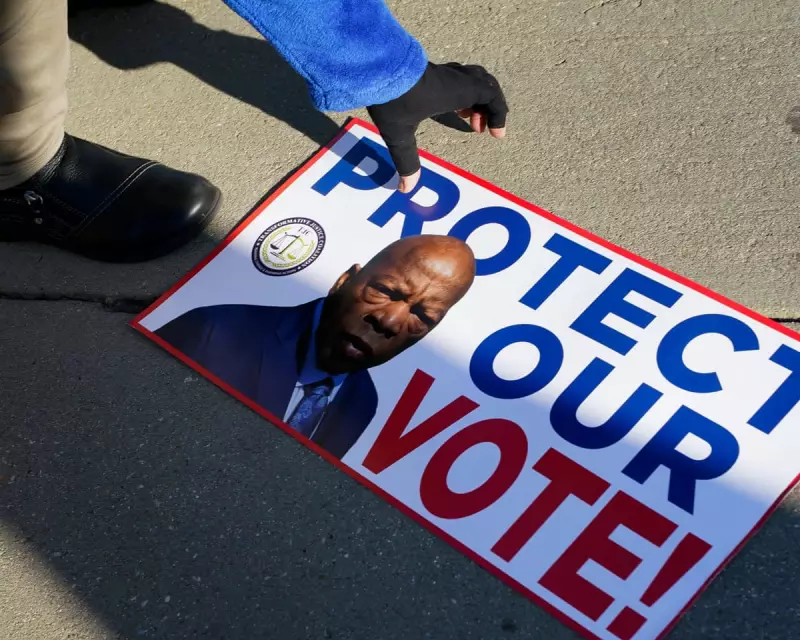
In a decision that has sent shockwaves through the American political landscape, the Supreme Court has delivered what many are calling a fatal blow to the landmark Voting Rights Act. This ruling represents the latest in a series of judicial actions that have systematically dismantled protections for minority voters.
The Silent Demise of a Civil Rights Icon
The Voting Rights Act of 1965, once hailed as the crown jewel of the civil rights movement, has been quietly eroded over recent years. What makes this latest development particularly alarming is how it unfolded—not with dramatic protests or public outcry, but through technical legal manoeuvres that have stripped away its core protections.
This pattern of dismantling began in earnest with the 2013 Shelby County decision, which neutralized the requirement for states with histories of discrimination to obtain federal approval before changing their voting laws. The current ruling continues this disturbing trend, effectively rendering crucial sections of the act unenforceable.
What This Means for American Voters
The practical implications are profound and immediate:
- Reduced federal oversight of state voting laws
- Increased vulnerability for minority communities
- Accelerated implementation of restrictive voting measures
- Diminished legal recourse for challenging discriminatory practices
A Court Reshaping Democracy
This ruling underscores the transformative impact the current conservative-leaning Supreme Court is having on American democracy. Rather than interpreting existing laws, the court appears to be actively reshaping the legal landscape according to its own ideological preferences.
The decision comes at a particularly sensitive time, as the United States approaches another major election cycle. Voting rights advocates warn that the timing couldn't be more dangerous, leaving millions of Americans with fewer protections precisely when they need them most.
The International Perspective
From a global viewpoint, this development raises serious questions about America's commitment to democratic principles. Nations that have long looked to the US as a model for protecting minority rights are now witnessing the systematic unraveling of those very protections.
The ruling doesn't just affect American citizens—it sends a message to democracies worldwide about the fragility of hard-won civil rights protections and how quickly they can be undone.
What Comes Next?
With the judicial path increasingly blocked, attention now turns to Congressional action. However, in today's polarized political environment, the prospects for legislative repair appear slim. This leaves voting rights advocates facing their greatest challenge in decades.
The battle for voting rights in America has entered a new, more dangerous phase—one where the very institutions designed to protect those rights are instead contributing to their erosion.





